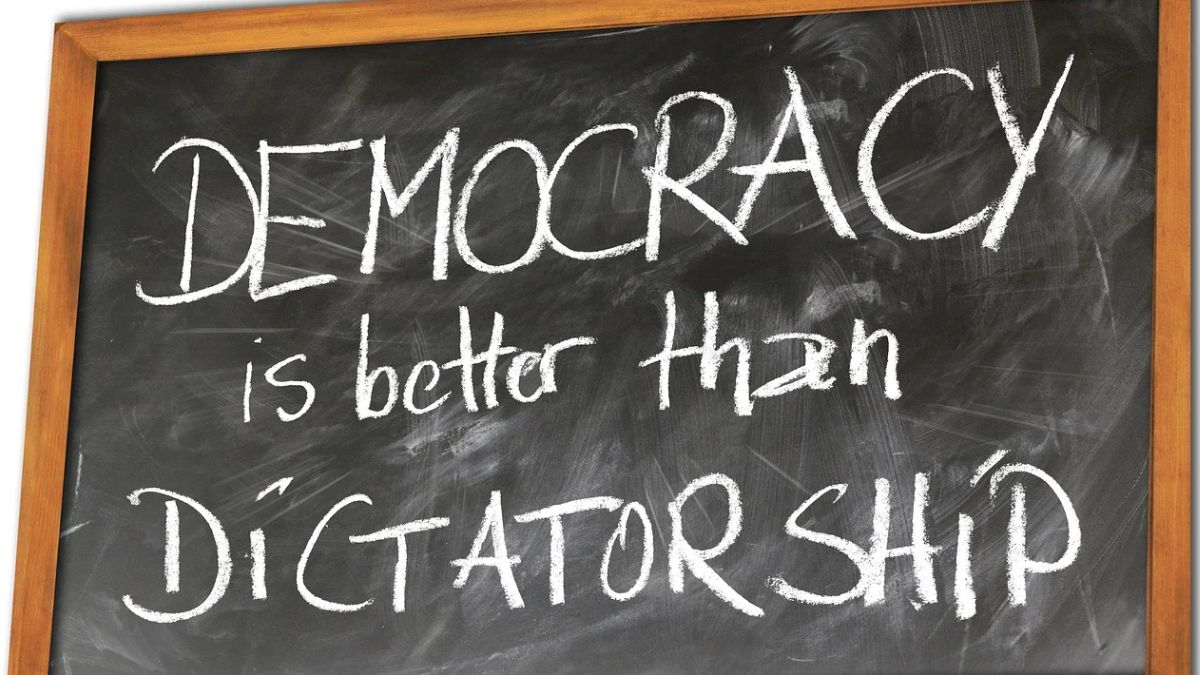Politics, often seen as the realm of power struggles and partisan divides, also presents itself as a viable career path for individuals passionate about public service and creating positive change. In this article, we delve into the world of politics as a career, examining its benefits, challenges, and the opportunities it offers for those aspiring to lead and influence the direction of society.
Benefits of Politics as a Career
Public Service: Politics provides a platform for individuals to serve their communities, address social issues, and make a tangible difference in people’s lives through policymaking and governance.
Leadership Opportunities: Politicians have the opportunity to lead initiatives, rally support for causes, and inspire others to take action, contributing to the advancement of their communities and society at large.
Policy Influence: Elected officials have the power to shape legislation, develop policies, and advocate for initiatives that reflect the needs and interests of their constituents, thereby influencing the direction of public policy.
Community Engagement: Politics offers opportunities for direct engagement with constituents, fostering connections, building relationships, and gaining firsthand insights into the needs and concerns of the community.
Decision-Making Authority: Politicians have the authority to make decisions that impact the allocation of resources, the provision of services, and the implementation of programs, thereby exerting significant influence on the functioning of government and society.

Challenges of Politics as a Career
Intense Scrutiny: Politicians are subject to intense public scrutiny, media attention, and criticism, which can take a toll on their mental health and well-being.
Partisan Politics: The political landscape is often characterized by partisan divides, polarization, and ideological differences, making it challenging to find common ground and enact bipartisan solutions to complex issues.
Ethical Dilemmas: Politicians may face ethical dilemmas, conflicts of interest, and pressures from special interests, requiring them to navigate moral and ethical considerations in their decision-making processes.
Public Trust: Building and maintaining public trust is essential for politicians, but it can be easily eroded by scandals, corruption allegations, and perceptions of dishonesty or self-interest.
Election Campaigns: Running for office involves grueling election campaigns, fundraising efforts, and relentless campaigning, which can be physically and emotionally demanding for candidates and their teams.

Opportunities in Politics as a Career
Diverse Roles: Politics offers a wide range of career paths, including elected office, campaign management, policy analysis, public relations, advocacy, and government relations, providing opportunities for individuals with diverse skills and interests.
Professional Development: Working in politics provides valuable opportunities for professional development, skill-building, and networking, equipping individuals with transferable skills such as communication, negotiation, strategic planning, and coalition-building.
Impactful Work: Politics allows individuals to engage in meaningful work that has a direct impact on society, addressing pressing issues, championing causes, and driving positive change at the local, national, or international level.
Advancement Opportunities: Successful politicians and political professionals may advance to higher offices, leadership positions, or influential roles within government, political parties, advocacy organizations, or think tanks, further expanding their sphere of influence and impact.

Personal Fulfillment: Despite its challenges, politics can be deeply rewarding for individuals passionate about public service, social justice, and civic engagement, offering opportunities for personal growth, fulfillment, and a sense of purpose in contributing to the greater good.
Politics as a career offers both rewards and challenges for individuals committed to public service, leadership, and making a difference in society. While navigating the complexities of the political landscape can be daunting, the opportunities for impact, influence, and personal fulfillment are significant for those willing to take on the challenge. By embracing the responsibilities of political leadership, fostering trust with constituents, and championing principles of integrity, transparency, and inclusivity, aspiring politicians and political professionals can contribute to a more vibrant, democratic, and equitable society for generations to come.










